VIX UNMOVED BY S&P’S WORST MAY SINCE 2010
May’s VIX high was reached well before the S&P 500 low
With the VIX sending few distress signals, Smart Index and Legacy Navigator saw index-like declines in May while Alpha Seeker’s lighter exposure kept losses in check relative to the equity markets.
Reflecting an oddly disinterested options market, the VIX barely registered a pulse in May despite a series of overnight gaps that were responsible for substantially all of the S&P 500’s decline on the month. Tepid moves and several strong reversals during regular trading hours kept a lid on any panic, with the VIX index only briefly breaking 20 around its peak on May 9th. For now, distress signals appear to be coming mainly from the bond market, with collapsing Treasury yields leaving much of the curve inverted in a classic recession signal.
All in all, the situation today bears resemblances to previous equity market tops as participants initially discount any warning signs only to over-react as the new reality becomes more widely accepted. Rather than an event, this is a process that often takes months as it produces a signature of increasingly erratic and trendless equity markets. Especially during this time, basing expectations on recent bull-market performance puts investors at substantial risk of disappointment.
This May Hurt A Bit
Grey shaded figures are hypothetical. Past performance is not indicative of future results.
From a business perspective, financial advisors have a lot in common with doctors. Both use technology and experience to make decisions based on probabilities in the face of imperfect information. Perhaps most importantly, outcomes in both fields are the result of a team effort: a doctor prescribes a therapy, but the patient must choose to see it through. On paper, the choice is easy- until the physical and psychological discomfort of treatment stands in the way of the patient’s long-term health. And so the search for a miracle cure or more cooperative doctor continues as the patient’s health deteriorates.
Bringing the analogy closer to home, a “patient” looking for a repeat of Alpha Seeker’s 63% gross year in 2012 must be prepared to swallow the pill of a 14% drawdown and five months trailing the S&P 500 by an average of -5.5%. Similarly, exposure to the strategy’s hypothetical 42% gross return during 2008’s bear market required enduring the discomfort of a loss in each month of Q1, an unremarkable +0.1% gross YTD return through June and 33 days of 2% or worse losses. Figures for US Equity Smart Index tell a similar message (see table at right), as do the stats for just about every equity-like investment on the planet.
Every investor will eventually face discouragement. After all, investing is a complex challenge involving ever-changing information and human emotion– there are no easy answers or foolproof rules. As with medicine, responding successfully to the challenge is a team effort requiring a mix of experience, skill and at times, grit.


